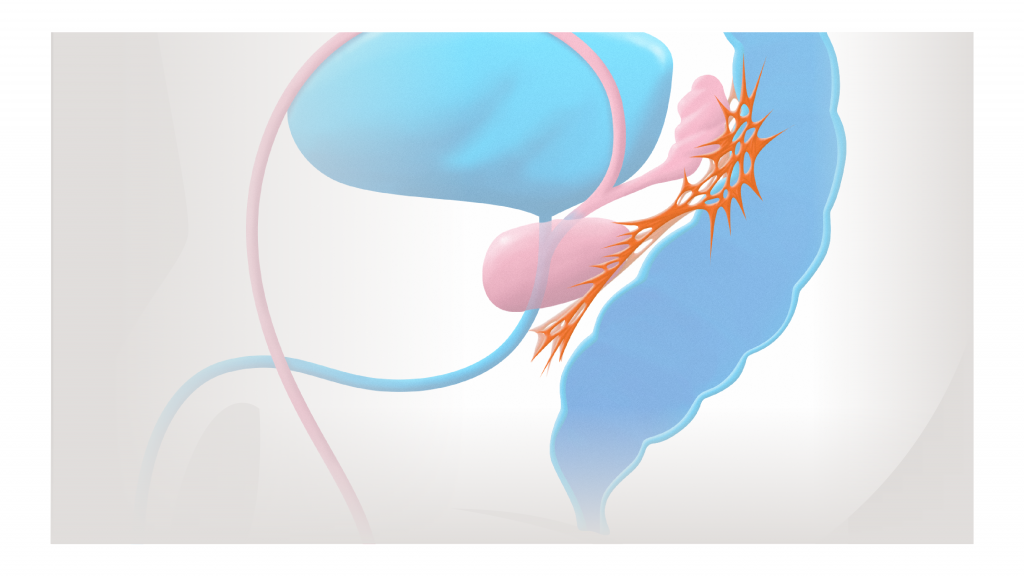The NowWhat website (“Website”) is operated by MedTech Holdings Limited (“MedTech”).
These Terms and Conditions contain important information that apply to your use of the Website, including warranty disclaimers and limitations of liability.
By visiting, using or registering on the Website, you agree to be bound by these Terms and Conditions and our Community Guidelines.
1. Intellectual property
MedTech owns or licenses from third parties all of the trademarks, copyright and other intellectual property published on this Website. We are happy for you to download material from this website for personal and non-commercial purposes, or for purposes permitted by law, provided any reproduction is unaltered, dated and includes an attribution of source.
You must not otherwise copy or reproduce in any form any of the material from this Website, including MedTech and NowWhat trade marks and logos, unless you have our prior written consent.
MedTech follows the provisions of all relevant copyright legislation, as applicable. If you believe that someone else is using our copyright or trademark without our permission, please contact us at office@nowwhat.health to report the infringement.
2. Third party links
This Website contains links to third party websites. MedTech does not control those websites and is not responsible for the content or accuracy of the material they contain. Provision of these links does not mean that MedTech sponsors, approves or endorses the content on the third party website.
3. Disclaimer and limitation of liability
MedTech takes care to keep the content of this Website accurate and error-free, but it does not make any representations or warranties that the content is correct, complete, up to date or adequate or that the information will be useful for any particular purpose.
The content on the Website is for general informational purposes only. We make no claim that it is appropriate or permissible in your country. It is not intended to be a substitute for advice from an appropriately qualified healthcare professional, who can determine your individual needs. You must make your own assessment of the information contained on this website and you rely on it at your own risk.
MedTech does not represent that this Website or any third party websites it links to are free from computer viruses or other defects.
To the maximum extent permitted by law, MedTech accepts no responsibility or liability for any loss or damage (including for any indirect or consequential loss) relating to access or use of this website, including the use or misuse of the information provided on this Website.
To the extent that any rights cannot be excluded by law, MedTech’s liability in relation to this Website is limited, at our election, to the supply of the service again or the cost of having the service supplied again.
4. Eligibility to use this Website
You must be at least 18 years old and legally competent to use this Website.
5. Privacy
It is your responsibility to obtain any and all consents required under any applicable laws before posting any personal information concerning third parties on the Website.
For details of the way we ensure that your privacy is respected, please view our Privacy Policy.
6. Changes to these Terms and Conditions
MedTech may vary these Terms and Conditions at any time by publishing a revised version on this Website. Your continued use of this Website following such variation will represent an agreement by you to be bound by the Terms and Conditions as amended.



